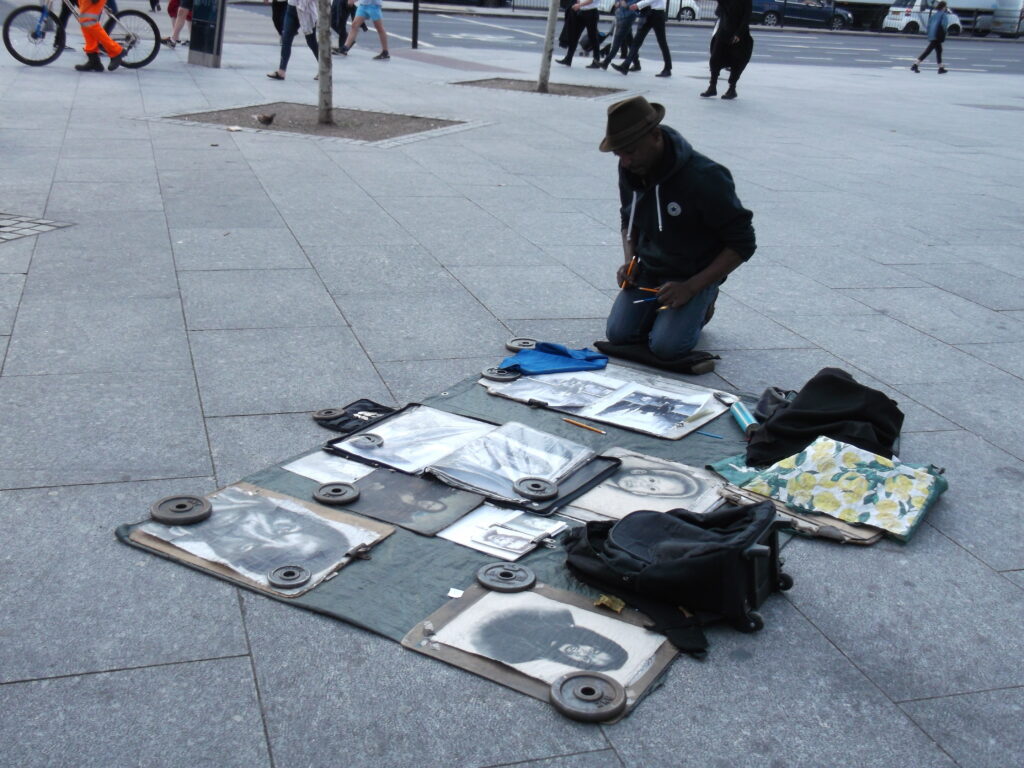Unmasking Ethnic Inequalities: What Challenges Did NHS Staff Face in the COVID-19 Pandemic?
Written by: Rebecca Rhead and the Tackling Inequalities and Discrimination Experiences in health Services (TIDES) study team
What is this study about?
This study looks at how people who work for the National Health Service (NHS) in the UK felt at work during the COVID-19 pandemic. Researchers wanted to find out if different ethnic groups had different experiences, and how this affected their mental and physical health.
How did they do the study?
The researchers asked 4,622 people who worked for the NHS during the pandemic to fill out an online survey between February and October 2021. The survey asked questions about their experiences at work, like if they had the right equipment to stay safe from COVID-19, if they felt they were treated fairly, and if they were moved to different jobs. The survey also asked questions about how they felt mentally and physically.
What did they find?
Researchers found that people from Black and Mixed/Other ethnic groups had a higher chance of being treated unfairly and discriminated against compared to White British people who work for the NHS. People from Black ethnic groups were also less likely to have the right equipment to stay safe from COVID-19. These experiences at work made people feel worse mentally and physically. However, if people understood their rights when it comes to changing jobs, and they were told about and able to influence those changes, they were less likely to feel bad mentally or physically.
Why are these findings important?
This study shows that racism and unfair treatment are problems for people who work for the NHS. To fix these problems, researchers suggest that people in charge of the NHS need to be more open about what’s happening at work and what they’re doing to fix it. They also suggest that people who work for the NHS should be trained to recognise and deal with racism and unfair treatment. Finally, the researchers suggest that people who work for the NHS should have more say in what happens to them at work. This will help ensure everyone working for the NHS feels safe and treated fairly.
What can I do with this?
I am a policy maker: The study findings can be used to advocate for NHS workforce policies that prioritise resources to address discrimination against minoritised NHS staff. Additionally, it is important to ensure that all staff have access to the necessary equipment to stay safe.
I am NHS staff:You can share this summary with your manager or supervisor to explain why you might be experiencing health issues, lack of job satisfaction, or difficulty coming into work. It can also be used to request additional support, training on employment rights, and safer working conditions.
I am NHS staff manager: You can use this summary to provide support for staff and to help teach them about their right in the workplace.
I am a researcher: This study can support the need for research on the experiences and outcomes of NHS staff from ethnically minoritised groups, especially during the pandemic and beyond.
I am a student: You can use this study as a reference for your essays or assignments, and it can also support your feedback on your course experiences and the experiences of others.
I want to know more!
Read the primary paper here:
Rhead, R., Harber-Aschan, L., Onwumere, J., Polling, C., Dorrington, S., Ehsan, A., Stevelink, S.A.M., Khunti, K., Mir. G., Morriss, R., Wessely, S., Woodhead, C., Hatch, S.L. (2024). Ethnic inequalities among NHS staff in England – workplace experiences during the COVID-19 pandemic. Occupational and Environmental Medicine. DOI: 10.1136/oemed-2023-108976


